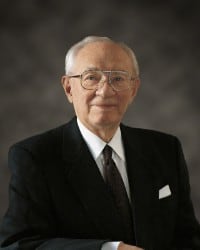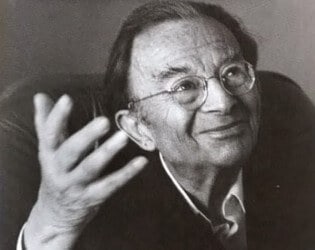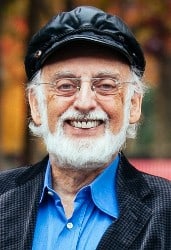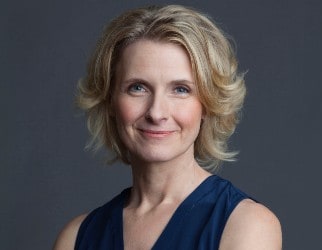
“The Lord has made us attractive one to another for a great purpose. But this very attraction becomes as a powder keg unless it is kept under control. It is beautiful when handled in the right way. It is deadly if it gets out of hand…It is better, my friends, to date a variety of companions until you are ready to marry. Have a wonderful time, but stay away from familiarity. Keep your hands to yourself. It may not be easy, but it is possible.”
| “A Prophet’s Counsel and Prayer for Youth,” New Era, Jan. 2001, 13.




